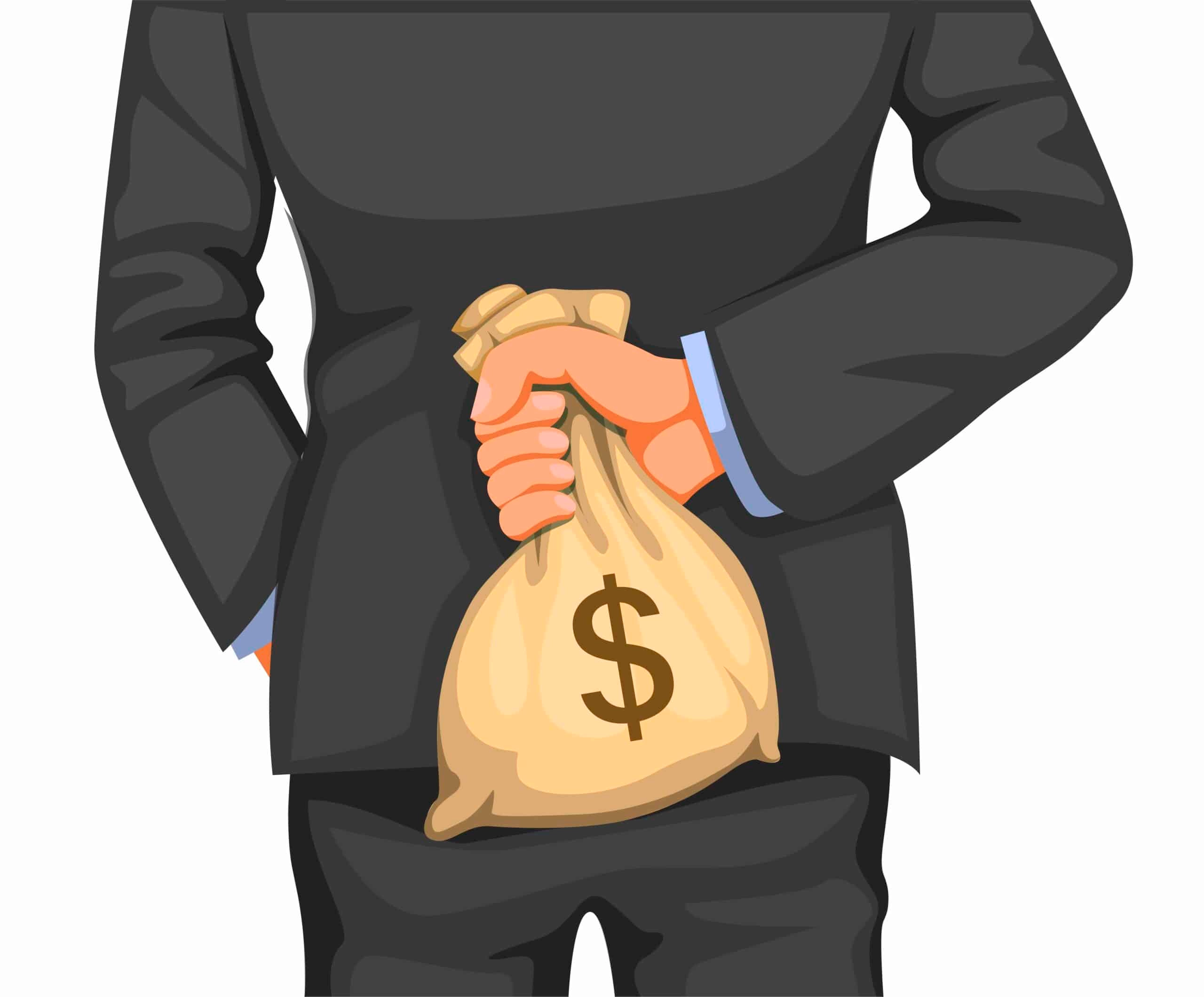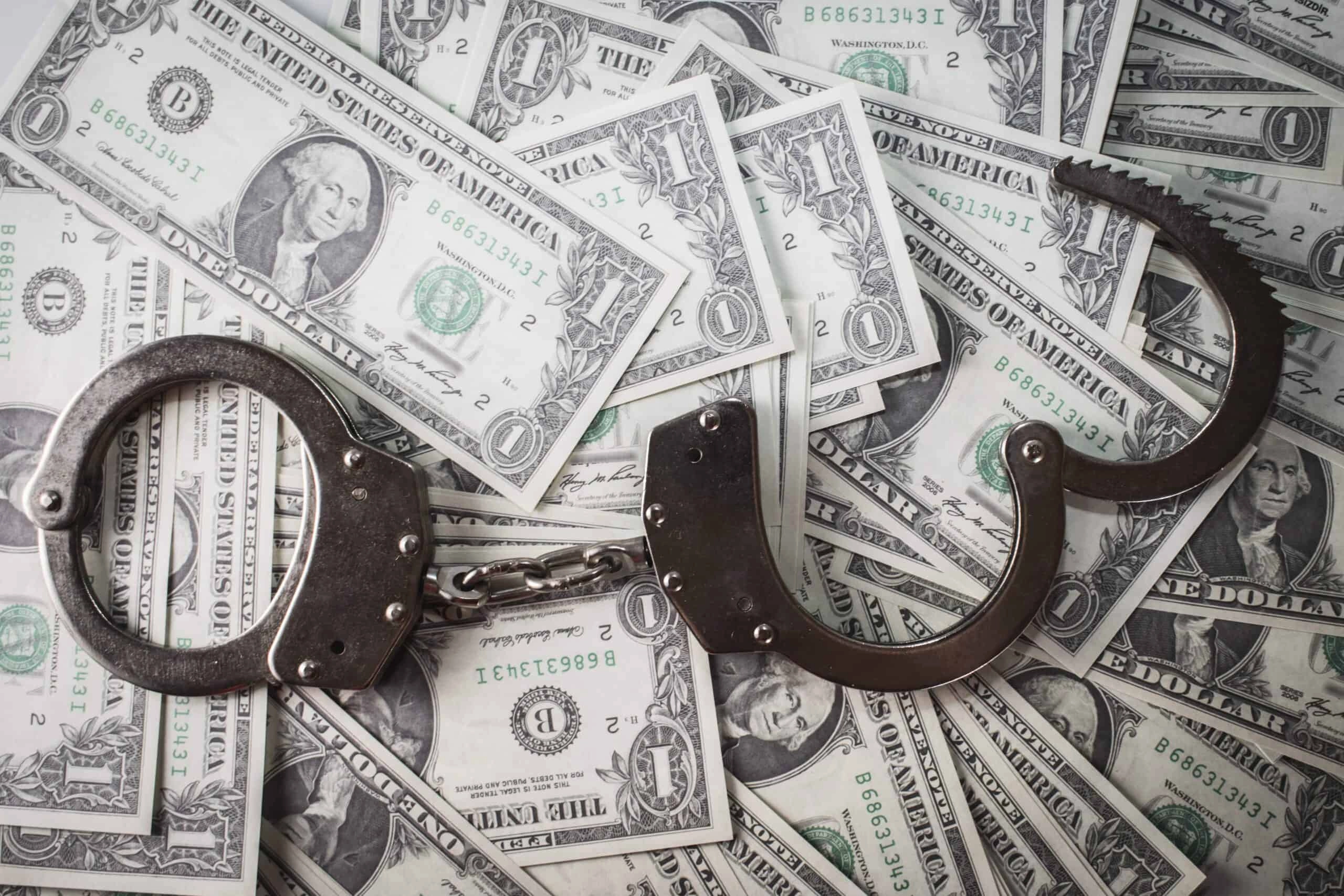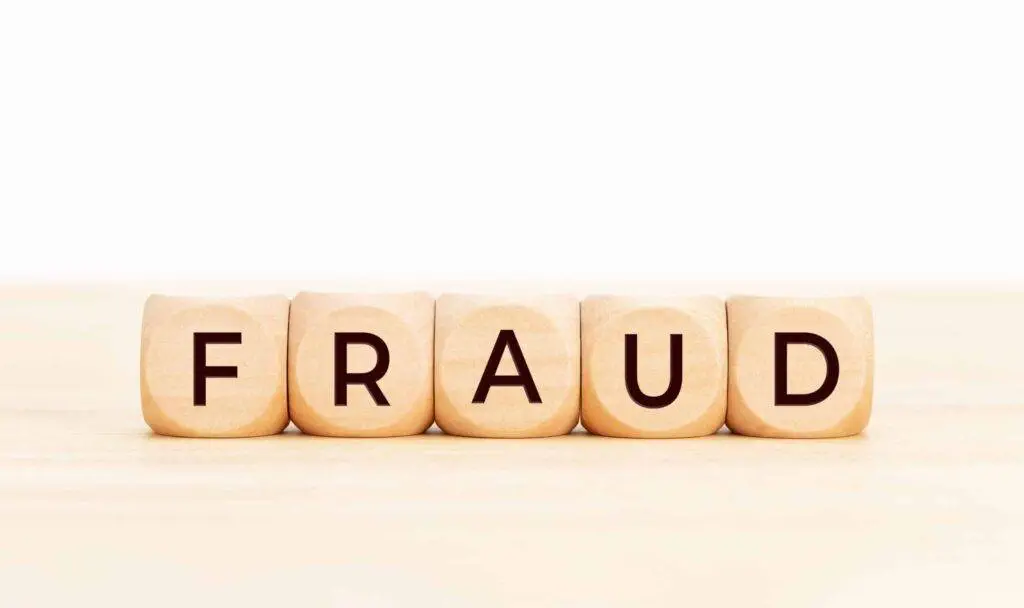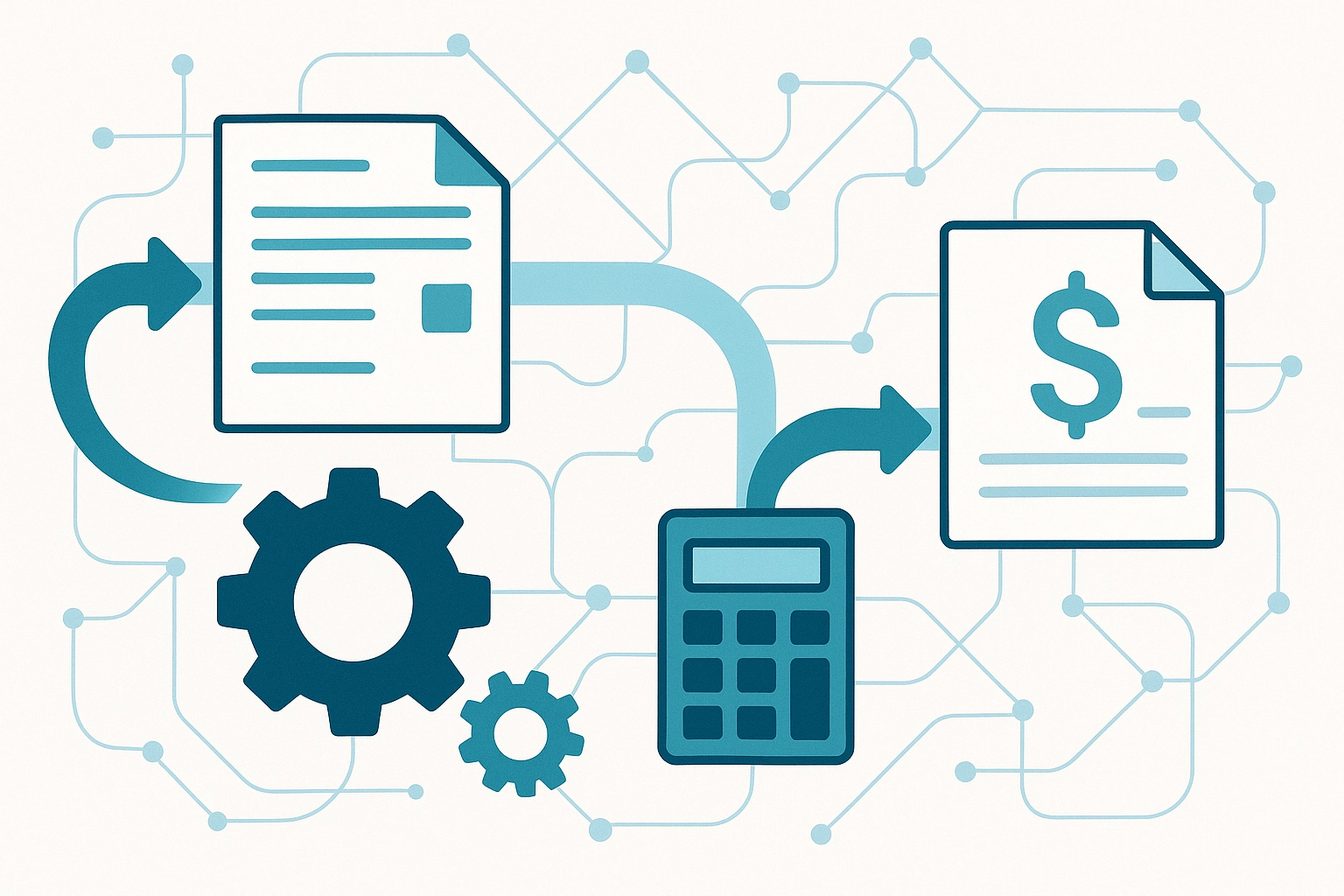What is fraud?
Business fraud is an intentional act by an employee or person operating a business that involves deception to gain some advantage or benefit. The history of fraud dates back to the distant past of mankind and is mentioned as a concept as early as 1800 BC in the Babylonian Code of Hammurabi.
Tax fraud has been around for a long time. The Roman Senate was known for its tax evasion, and in the United States, the government has faced a number of cases. From Enron to Bernie Madoff, there is no shortage of famous tax fraud cases. One of the most famous is often referred to as the Ponzi scheme, and it is what Charles Ponzi found guilty of fraud in the early 1900s.
From early civilizations, to medieval aristocracy, to modern times, it is a story of greed, corruption, and fraud
If you stop and think about it for a moment, you will realize that Al Capone was not arrested for the people he killed, but for tax fraud. The state will never forgive your taxes.
Types of frauds
Existing forms of fraud are:
– Embezzlement: the misappropriation of money or property by a person to whom it is entrusted for safekeeping or management,
– Money theft: various forms of theft of money after it has been registered, the most common being the theft of cash from the cash register,
– Money laundering: illegally acquired money is transferred into legal streams,
– Counterfeiting of tenders: Winning tenders due to the possession of privileged information and the possibility of making the cheapest offer, and in subsequent additional contracts increases the amount of supplies,
– Skimming: theft whose object is unrecorded money,
– Exchanging checks for cash: a situation in which the teller cashes his checks for cash and takes them back before maturity,
– Forgery of checks: involves issuing checks in the name of another person or altering dates on checks already issued,
– Kiting: a situation in which a bank allows a customer to withdraw money from an account to which no payment has yet been received, the fraudster holds multiple bank accounts,
– Lapping: a situation in which the person responsible for accounting, for example, from the account of customer A, misappropriates the money and later records in his account the collection by customer B,
– Fictitious receivables: these are used to cover up fictitious sales, usually they are cover-ups of stock thefts,
– Theft of stock: Alienation of goods from stock,
– Incomplete deliveries with fully invoiced amounts: Suppliers make partial deliveries while the person responsible for recording them records the total invoice or makes a full delivery and records only a portion while the rest of the delivery is alienated,
– Fraud in business with suppliers: the most common form is diversion of two accounts for one delivery,
– Fictitious suppliers: employee owns a fictitious company that runs through his checking account, properly collects invoices until he never delivers the goods,
– Fraudulent sales: means unrecorded sales, undervalued sales, fictitious sales and price increases to increase commissions,
– Fictitious payments: means multiple payments to a supplier, inflated invoices, fictitious accounts receivable, fictitious expenses, and the like.
Famous history fraud
The most famous medieval business fraud is the so-called “Bubble of the South Sea“.
The fraud, in which the monopolistic company South Sea Company had a monopoly over all trade that took place in the southern seas, was perpetrated in such a way as to spread false stories about possible enormous revenues from trade in the area.
In view of such stories circulating in high circles of the company, the stock price of that company rose sharply, but only to a certain point. Because of the untrue information and the failure to realize the expected returns, the value of the shares fell sharply and investors made large losses.
Perhaps this fraud would go uninvestigated and unpunished, but since the investors were mostly from aristocratic families, they put pressure on the authorities to investigate this case. The report that came out of this investigation indicates a high level of corruption between the directors of the company and the government structures of the time that largely enabled such a fraud to be realized.
Modern times
In recent history, more specifically in the early 20th century, the most famous fraud is that of an Italian emigrant at Canada Charles Ponzi. He had his own “business” venture started with only $200. In no time he already had his two offices in Boston and a wide network of investors to whom he promised a 50% return on the money invested in his coupons. He was also paying off his investors in less time than he had agreed, raising his company’s rating and attracting increasing numbers of investors. In just eight months, he paid out $7.8 million to investors. This is how everything went until he decided to keep the rest of the money as his profit, at which point the last investors in his company were left with nothing.
This scam is a scheme where Ponzi paid off the initial investors with the new investors’ money and so on in circles until he decided to take a certain profit for himself. It’s Charles Ponzi eventually discovered and sentenced to prison. His scheme is known throughout the world and has been carried out to this day in countless cases and in different variations.
One of the most famous scams of the 20th century is also the scam involving “ZZZ Best” by a company perpetrated by Barry Minkow. He started a carpet washing company, financed it by withdrawing money from banks with forged checks as well as promoting his company with an aggressive campaign on television to attract investors. With various forgeries and fake financial reports, he gave investors the impression that he was creating a mega-sized company that would bring in big revenues.
He expanded his business and opened offices all over the United States and employed 1,400 people. From investors, he managed to raise $200 million. He invested the money in buying other companies, defrauding people, paying bills with fake credit cards, setting up many fictitious companies, falsifying financial statements. His fraud was exposed, originally by American journalists who proved that he falsified most business contracts. Ultimately Barry Minkow was sentenced to 25 years in prison, of which he served only 7.5 years.
Fighting frauds in modern times
The most recent and pronounced fight against corporate fraud in modern times began in the United States in 2002, when Congress passed an anti-fraud law, the Sabanes-Oxley Act (SOX)
Corporations are the greatest source of fraud and embezzlement today, and the extent and amount of damage they cause far exceeds the amount of fraud committed by any one individual. Therefore, it is very important that such frauds be clearly defined in law and the punishment for such embezzlement be clearly defined in law so that the forensic and government agencies responsible for detection and processing can do their work unhindered and with a clear legal provision.
Pay your taxes on time, manage your financial accounts properly using your InvoiceCrowd application, because “the interest” you can pay for non-payment of taxes can be significantly higher than the financial. History has taught us that.



